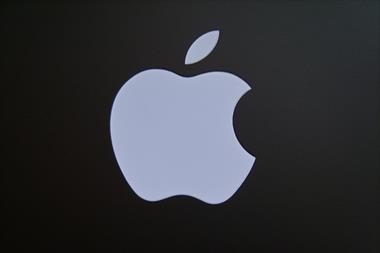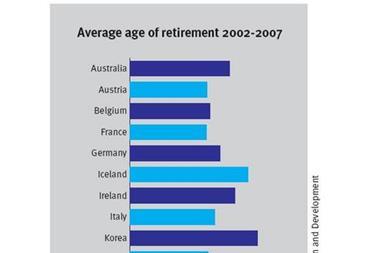It has been sobering to watch Apple and Samsung battling over alleged patent infringements in almost every court in Europe. Two of the world’s most future-conscious enterprises have been resorting to a body of law that mostly evolved 150 years ago in the heyday of the industrial revolution, when things were things, factories made them and shops sold them.
The legal safeguards that protect intellectual property are looking threadbare in the face of the digital revolution. The past decade has seen the music and film industries failing to cope with a world where everything can be downloaded and reproduced, and where the idea that content should be free or almost-free at the point of use is popular with consumers. The situation may get worse. If 3-D printing, or additive manufacturing as it is technically known, moves as quickly from crude infancy to cheap availability as computers did in the 1980s, it will be as easy to download and manufacture many products, from painkillers to plastic toys, in every cellar and garage, as it is to print a PDF file.
At that point, it is doubtful that the colourful panoply of patent and trademark conventions will provide much deterrence to those prepared to ignore them. Time has probably come for risk managers to reassess the way they think about intellectual property. In the midst of flurries of lawsuits, demands to regulate the internet, and moans about China’s apparent unwillingness to tackle infringers, ideas are emerging that may help guide the way forward.
Promote the brand. Police the supply chain. Relax about everything else.
Does Rolex bother about websites such as fakewatchonsale.com? Probably not. However, in August, it started legal proceedings against Melrose Jewelers (Melrose.com), which claims to re-sell genuine watches, for allegedly using counterfeit parts and trademark infringements. Imitation can be flattery, but the genuine product must be defended. The May revelation that US military equipment was riddled with a million counterfeit parts shows what happens if you lose grip on the supply chain.
Competing with the pirates stops customers from being tempted.
The immediate success of Apple’s iTunes music store, which allows customers instantly to create and copy their own playlists for a minimal sum, not only shattered the music industry’s preconceptions about what products consumers should be allowed to copy, but also terminally damaged the music pirates. Few people wanted a dodgy rip-off when the real thing cost only 99 cents. Equally, the growing number of cheap film and TV series rental sites, such as Amazon’s Lovefilm.com, makes pirated video less attractive. These are better solutions than pursuing endlessly proliferating pirate websites.
Release the IP to the market and let the customer help improve the product.
Apple was again the pioneer, realising that allowing anyone to design, write (and profit from) applications for its mobile phones would make the product more attractive. The practice is now widespread.
At the other end of the ‘improvement’ scale, Constantin films seems undecided what to do about the thousands of Youtube Hitler parodies of the 2004 film Der Untergang. The company started blocking them in 2010, then stopped and put advertisements on some clips instead. Forum gossip now suggests it may have gone back to blocking. However, while the meme exists, no one will forget the film, and many may buy or rent it. The hesitancy is understandable. Because it turns conventional thinking on its head, the risk of allowing customers a free rein to fiddle with design or manufacturing may be a cause for concern but, in the face of the next stages of the digital revolution, this may be the best solution.




















No comments yet